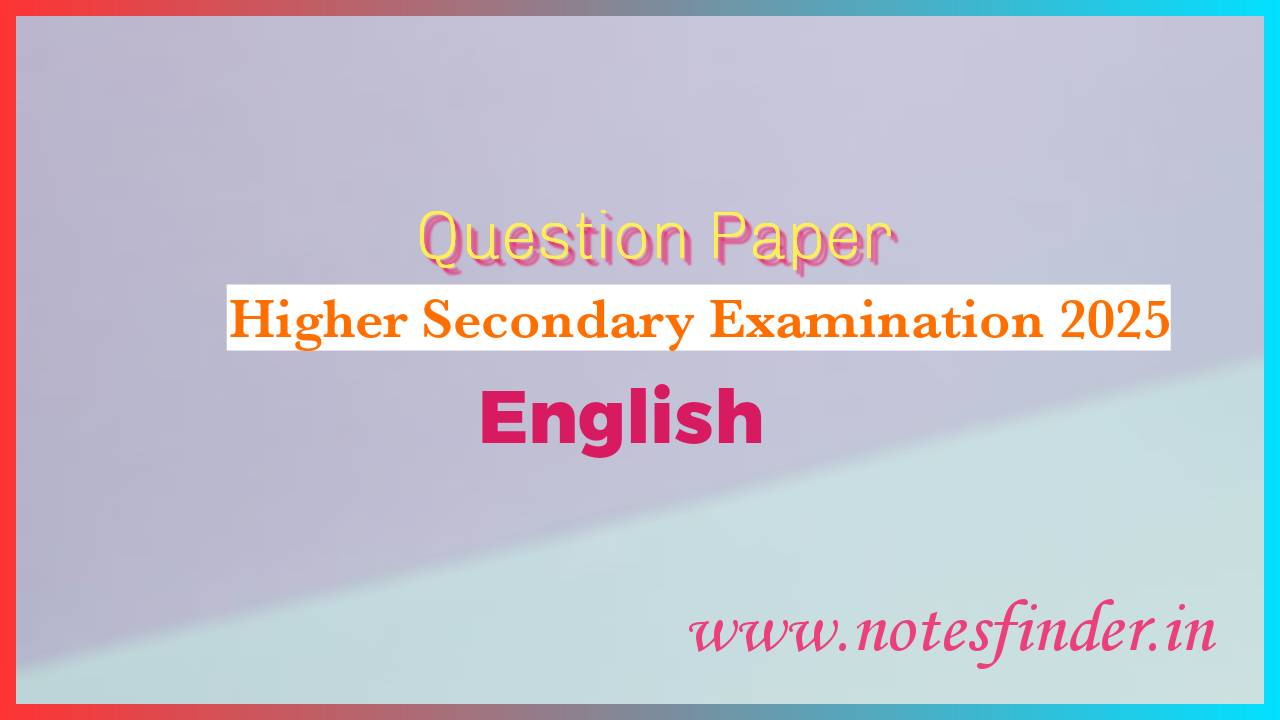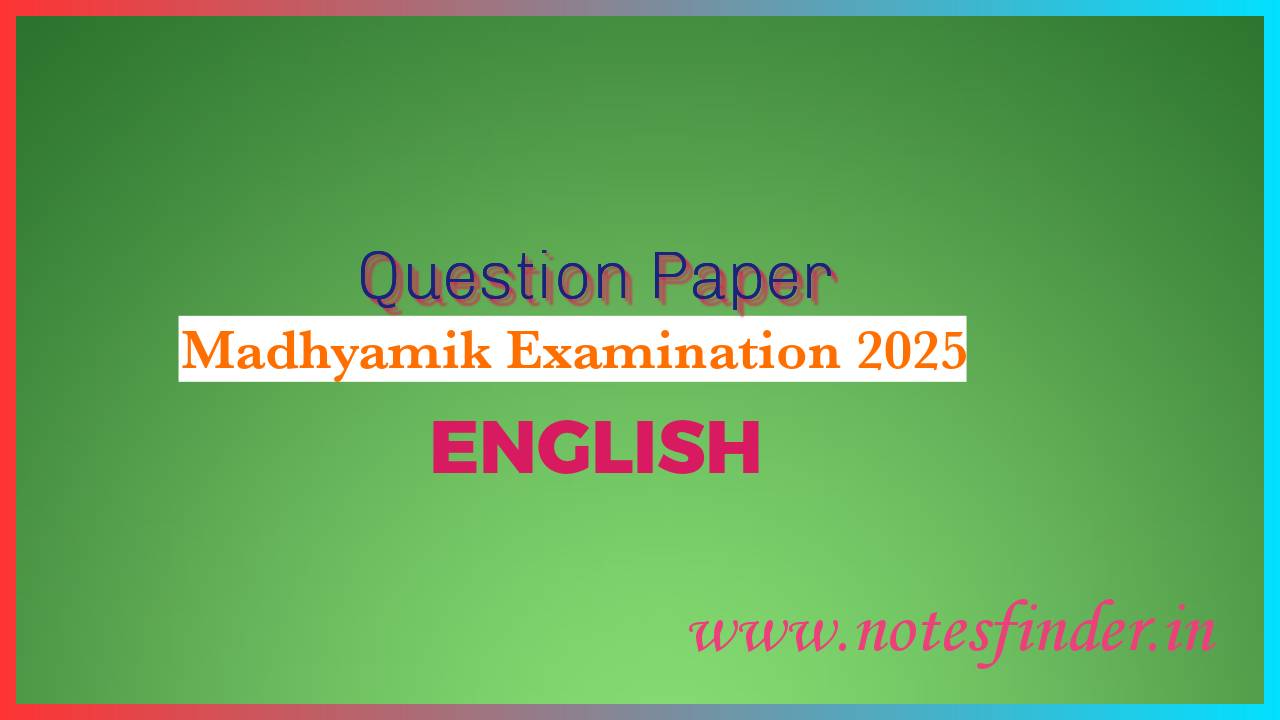About The Poet:
Colley Cibber (1671–1757) was a noted English dramatist, actor and poet. He wrote twenty-five plays and a number of poems.
কলি সিবার (১৬৭১-১৭৫৭) একজন প্রখ্যাত ইংরেজী নাট্যকার, অভিনেতা এবং কবি ছিলেন। তিনি পঁচিশটি নাটক এবং কিছু কবিতা লিখেছিলেন।
The Blind Boy (Lesson 11) Bengali Meaning | Class 6
O say, what is that thing called light,
হে বল,সেটা কী যে জিনিসটাকে আলো বলা হয়,
Which I can ne’er enjoy?
যেটি আমি কখন উপভোগ করতে পারি না?
What is the blessing of the sight?
দৃষ্টির আশীর্বাদ কী?
O tell your poor blind boy!
হে তোমার দরিদ্র অন্ধ ছেলেকে বল!
You talk of wondrous things you see,
তুমি যে বিস্ময়কর জিনিসগুলি দেখ সে সম্পর্কে কথা বল
You say the sun shines bright;
তুমি বল সূর্য উজ্জ্বল কিরণ দেয়;
I feel him warm, but how can he
আমি তাকে উষ্ণ বোধ করি, কিন্তু সে কীভাবে পারে
Then make it day or night?
তাহলে এট দিন অথবা রাত?
My day or night myself I make
আমার দিন বা রাত আমি নিজেই তৈরি করি
Whene’er I sleep or play;
আমি যখন ঘুমাই অথবা খেলা করি;
And could I ever keep awake
এবং আমি যদি চিরদিন জেগে থাকতে পারতাম
With me ’twere always day.
আমার সাথে সর্বদা দিন থাকত।
With heavy sighs I often hear
ভারী দীর্ঘশ্বাস নিয়ে আমি প্রায়শই শুনি
You mourn my hapless woe;
তুমি আমার অসহায় দুঃখে শোক কর;
But sure with patience I can bear
তবে অবশ্যই ধৈর্য্যের সঙ্গে আমি সহ্য করতে পারি
A loss I ne’er know.
একটি ক্ষতি আমি জানতেই পারি নি।
Then let not what I cannot have
তাহলে আমি যা পাব না তা যেন না
My cheer of mind destroy;
ধ্বংস করে আমার মনের প্রফুল্লতা;
Whilst thus I sing, I am a king,
যতক্ষণ আমি এইভাবে গান করি, আমি একজন রাজা,
Although a poor blind boy.
যদিও এক দরিদ্র অন্ধ ছেলে।
The Blind Boy(Lesson 11) Questions – Answers | Class 6
Activity 1
Tick in the correct alternative:
(a) In the poem, ‘I’ refers to
(i) the blind boy [√]
(ii) the sun
(iii) the light
(b) The blind boy cannot enjoy the blessings of
(i) taste
(ii) sight [ √ ]
(iii) speech
(c) The blind boy identifies the sun by its
(i) shape
(ii) light
(iii) warmth [ √ ]
(d) The boy is
(i) happy
(ii) sad [ √ ]
(iii) angry
Activity 2
Complete the following sentences with information from the text:
(a) The poor blind boy wants to know __________________.
Ans: The poor blind boy wants to know what light is.
(b) The blind boy feels the difference between day and night by __________________.
Ans: The blind boy feels the difference between day and night by feeling warmth.
(c) The boy often hears mournings about __________________.
Ans: The boy often hears mournings about a loss he ne’er know.
(d) The boy does not want his __________________ to be destroyed.
Ans: The boy does not want his cheer to be destroyed.
Activity 3
Answer the following question:
Whom do you think the blind boy is speaking to?
Ans: I think the blind boy is speaking to a person who has normal vision.
Activity 4
Fill in the chart with information from the text. One is done for you.
| Blind Person | Person with vision |
| (a) twenty four hours of night | (a) twenty four hours of day and night |
| (b) feels the sun’s warmth | (b) sees the sun and feels its warmth |
| (c) he makes day and night whenever he plays or sleeps | (c) plays during day and sleeps at night |
| (d) doesn’t realize the loss of sight | (d) enjoys the blessing of the sight |
Activity 5
Answer the following questions in complete sentences:
(a) What would happen if the blind boy was kept awake?
Ans: It would be always a day if the blind boy kept awake.
(b) What does the blind boy bear with patience?
Ans: The blind boy bears the loss of sight with patience.
(c) Why does the blind boy think that he is a king?
Ans: By not brooding over what he will never get and without destroying the cheer of his mind, the blind boy thinks that he is a king.
(d) Quote any two lines from the poem that suggest that the boy has a positive attitude towards life?
Ans:
“My day or night myself I make”
“Whilst thus I sing, I am a king”
Activity 6(a)
Fill in the gaps with suitable articles or prepositions:
There was once _______ little girl who lived in ____ middle of _____ deep, dark forest _____ her parents.
Ans: There was once a little girl who lived in the middle of a deep, dark forest with her parents.
Activity 6(b)
Classify the Nouns given below and place them in the proper columns:
light, day, patience, loss, boy, sight
| Common Noun | Abstract Noun |
| day, boy, light | patience, loss, sight |
Activity 7(a)
Add a suitable prefix or suffix to each of the words given in brackets and fill in the blanks accordingly:
(i) My mother spent many __________ (sleep) nights when I was unwell.
Ans: My mother spent many sleepless nights when I was unwell.
(ii) I was ____________ (patient) to know the result of my examination.
Ans: I was impatient to know the result of my examination.
(iii) It was an _________ (enjoy) moment.
Ans: It was an enjoyable moment.
(iv) The _______ (bright) of the day made me happy.
Ans: The brightness of the day makes me happy.
Activity 7(b)
Write the antonyms of the following words:
(i) poor, (ii) warm, (iii) awake, (iv) destroy
Ans:
(i) poor – rich
(ii) warm – cold
(iii) awake – sleep
(iv) destroy – create
Activity 8(a)
Complete the following imaginary dialogue between Day and Night. In the beginning of the dialogue is given to you:
Day: Dear friend, I must declare I am more important than you.
Night: I don’t know how you can say that.
Day: The sun rises during the day. People work and children play merrily.
Night: Everyone takes rest at night.
Day: You bring darkness, I provide light.
Night: I have the light of the moon, I make the surroundings cool, you make it hot and warm.
Day: Indeed, that’s true. We can then say that both of us are very important.
Night: Yes. Mankind needs both day and night.
Activity 8(b)
Develop a story within sixty words based on the following hints. Add a suitable title to it:
an old lady loses vision – calls in a doctor – agrees to pay a large fee if cured – doctor removes some of her furniture daily – the lady is cured – she refuses to pay – says she can’t see any of her furniture
Ans:
The Old Lady and The Doctor
Once upon a time there was a rich lady who lived alone in her house. She had beautiful furnitures in her furnished room. One day she lost her vision and became nearly blind. She called a doctor to treat her. The doctor agreed to treat her when she promised to pay him a large fee. The doctor started her treatment and everyday took a costly furniture from the old lady’s house. After few days the old lady was cured. The doctor asked for his fees. The lady refused to pay any fee. She said, “Sir, I am not cured. I cannot see my costly furniture.” The doctor got his lesson for cheating her.
Moral: Dishonesty never pays.
Read More👇
• Lesson 1 It All Began With Drip Drip
• Lesson 2 The Adventurous Clown
• Lesson 3 The Rainbow
• Lesson 4 The Shop That Never Was
• Lesson 5 Land of The Pharaohs
• Lesson 6 How The Little Kite Learned to Fly
• Lesson 7 The Magic Fish Bone
• Lesson 8 Goodbye to The Moon
• Lesson 9 I Will Go With My Father A-ploughing
• Lesson 10 Smart Ice Cream
• Lesson 11 The Blind Boy
• Lesson 12 Rip Van Winkle



